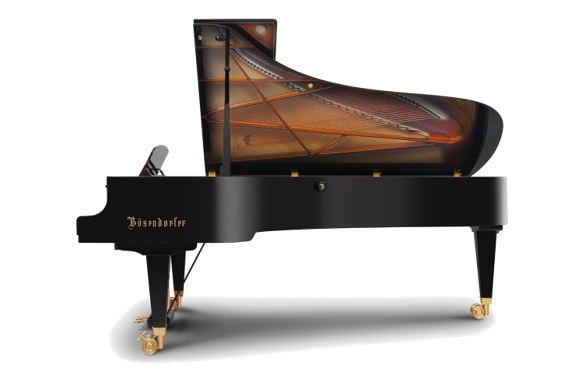OUR GUEST BLOG POST FROM PIANIST FRANCES WILSON: Why take a piano exam?
When I was learning the piano as a child, I took a graded piano exam virtually every year, usually in the summer season, in a hot, airless exam room in the old Birmingham school of music. As soon as the exam was over and the results were in, I moved on to the next grade’s syllabus. I did all this willingly, because it pleased my parents and my teacher, and I suppose I was pretty pleased too, to receive a smart certificate as proof of my achievement.
For many students and teachers, graded exams still form a core part of piano lessons and they offer a structured syllabus geared towards a tangible goal. There are good reasons for taking piano exams, and many students relish the challenge of preparing music for an exam.
Motivation: taking a music exam encourages commitment, stimulates the student to practice and gives the student an extra nudge to their learning. Success in an exam offers a real sense of personal achievement.
Practising: Preparing for and taking a music exam can inform children about the need for and benefits of regular, meaningful practising
Benchmarking: Achieving a graded music exam gives the student a clear sense of where he or she is in their studies, and a visible, recognised measure of personal progress and attainment. Graded music exams are also recognised by other teachers, schools, colleges and universities, and demonstrate a certain level of competency as a musician.
Building skills: Graded music exams are designed so that skills such as technique, memorisation and musical awareness can be developed gradually and thoroughly.
Exploring repertoire: At every level, from Initial/Prep Test to Grade 8, there is a good range of repertoire to choose from, from Baroque to contemporary classical music and jazz. This allows students to explore a range of musical styles.
Boosting confidence: The experience of playing for someone else, whether it is teacher, examiner, adjudicator or before an invited audience is incredibly valuable. Understanding and managing performance anxiety and playing a programme of whatever length to others builds confidence and presentation skills which are applicable outside the sphere of music.
Exams are not for everyone, of course, and some students, especially adults, are happy to study a variety of repertoire of varying degrees of difficulty for their own interest and satisfaction. Nor should exams be regarded as the building blocks which make a musician. Being a “musician” goes far beyond the ability to play three pieces, some scales and technical exercises, sight-read an unseen study and complete an aural test. Being a musician is about understanding the music, its structure and its meaning, intellectually, visually and aurally. It is about learning a wide variety of music, outside of the strict confines of the exam syllabus, to gain a broad understanding and appreciation of music and its different genres. A good teacher will ensure these areas are covered, whether the student is taking grade exams or not.
Read more articles like this here: blog.coachhousepianos.co.uk
Recommended
Articles
Bösendorfer's Limited Edition Beethoven Grand Piano
6 things to look for when buying a second hand piano
Coach House will be at the URDD Eisteddfod Festival 2019
Back to Blog







